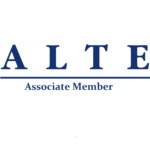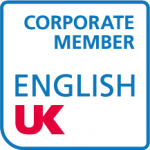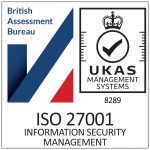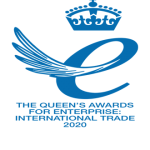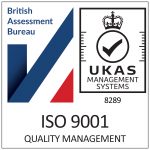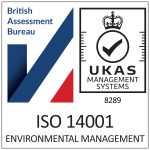
Young Learners English Test (YLE)
UPSKILLING Young Learners (YL) entry levels tests are aimed at primary school-age children who want to acquire the English language by introducing them to everyday spoken and written English.
| Level | Beginner |
| CEFR level | Pre A1 |
| Test format | Computer or paper-based |
| Guided Learning Hours | 250 hours |
| Self-Study | 52 hours |
| Total Assessment Hours | 2 hours |
| Total Qualification Time | 304 hours |

